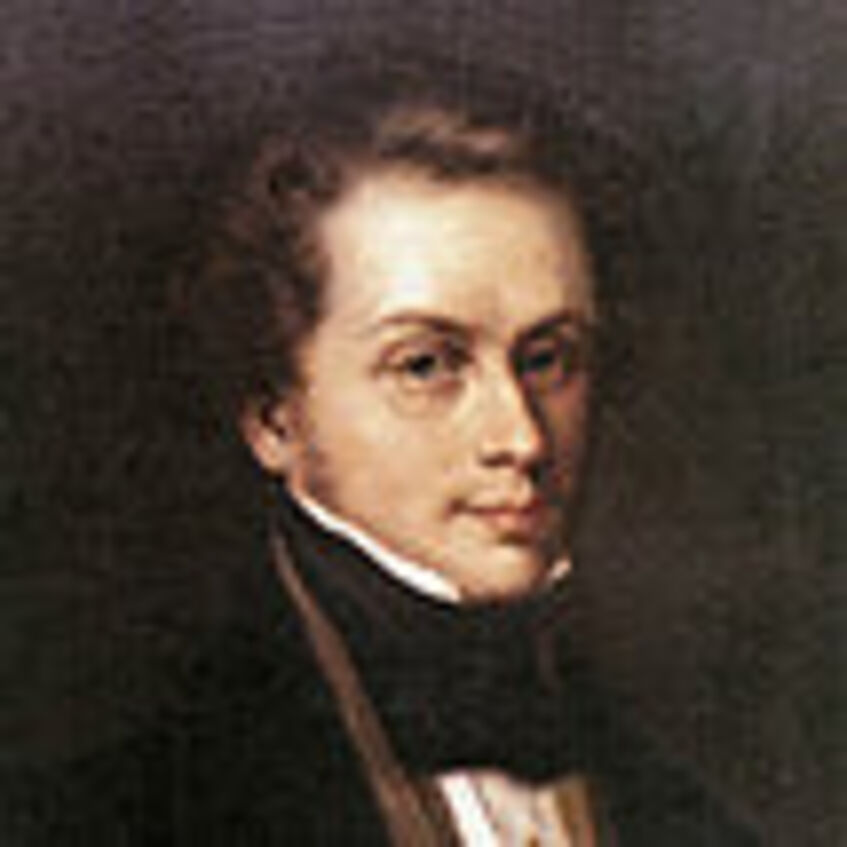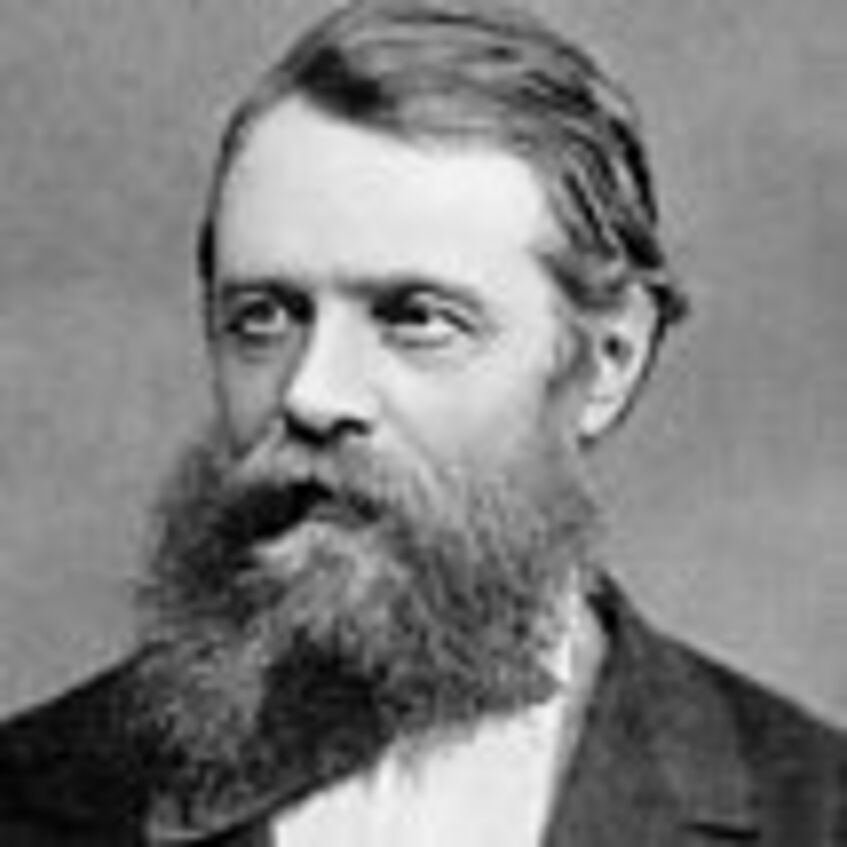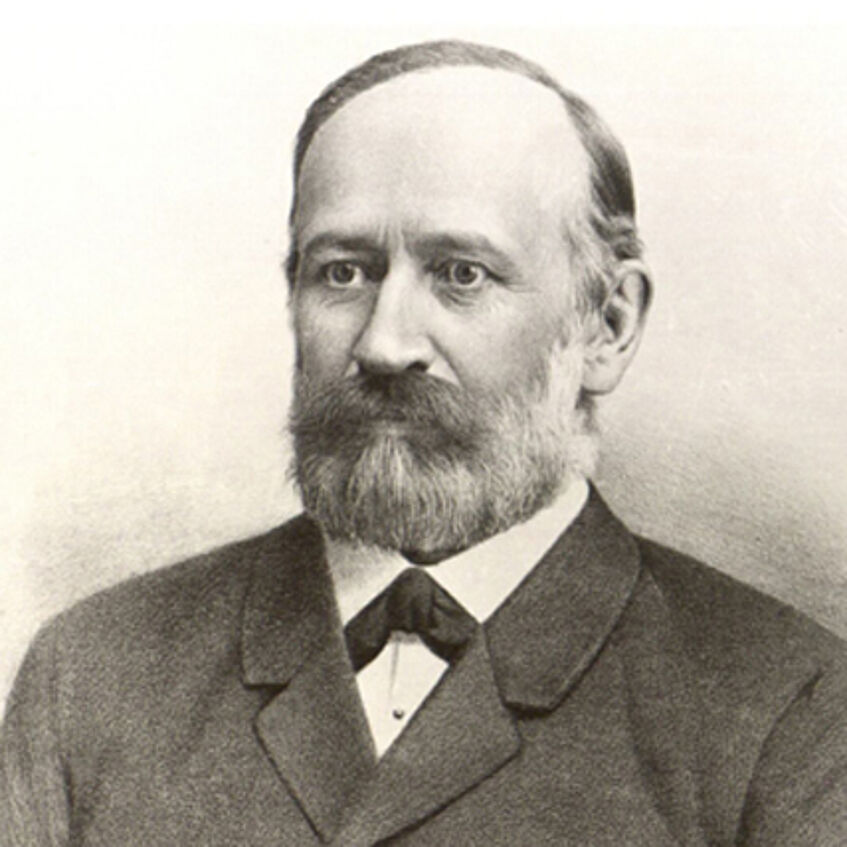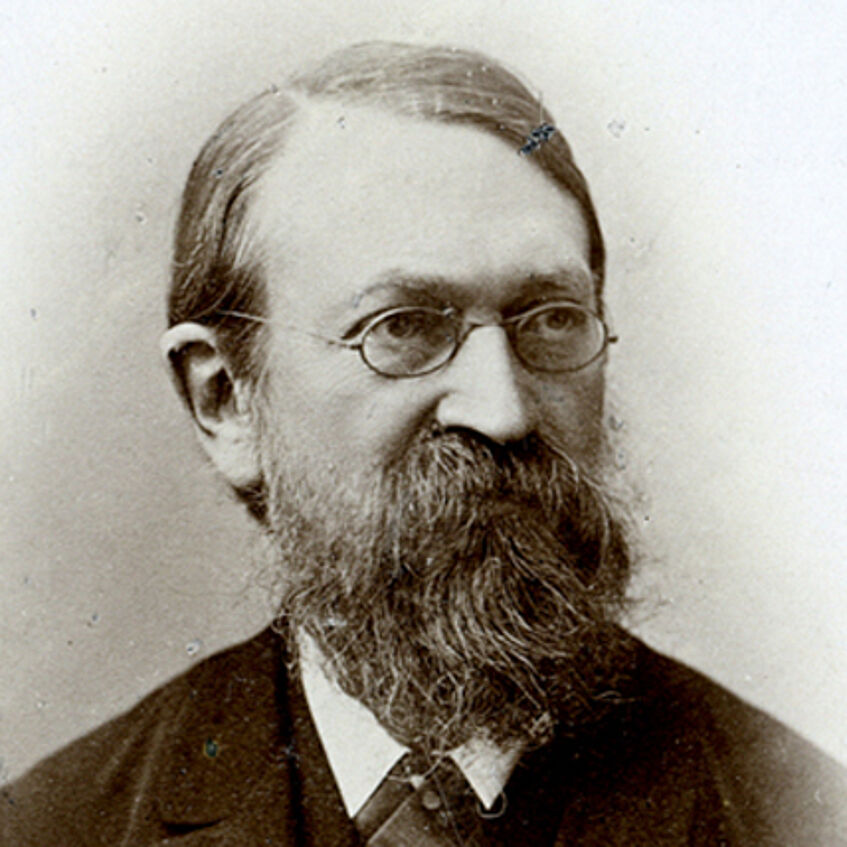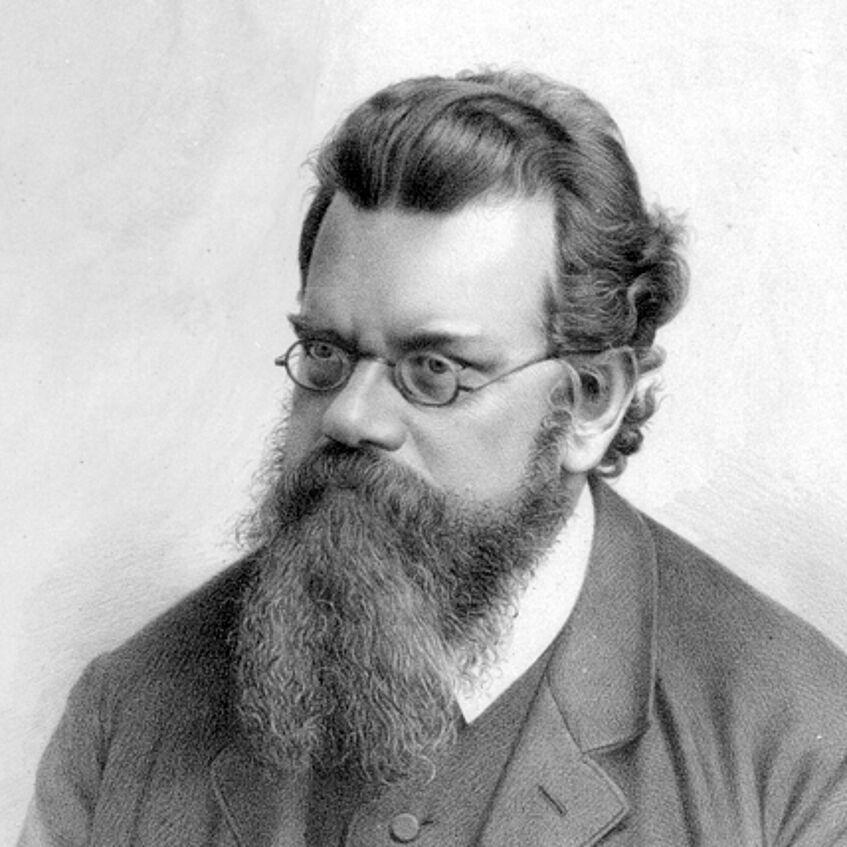Physics in Vienna: A Tradition of Great Discoveries and Two Nobel Laureates
Modern science stands on the shoulders of giants, as Isaac Newton wrote in 1676. We are grateful to many great scientists who did research in physics at the University of Vienna to form and change the face of our modern world:
Christian Doppler (1803-1853) served as professor in Prague, Chemnitz and Vienna. In 1850 he was appointed Director of the newly established Institute for Experimental Physics at the University of Vienna - a position he held until his early death in 1853. He first described the phenomenon that is now known as the Doppler Effect in 1842.
Josef Loschmidt (1821-1895) habilitated at the University of Vienna in 1866. In 1868 he became assistant professor and from 1872 until his retirement in 1891 he was professor of physical chemistry at the University of Vienna. The Loschmidt constant, the number of particles per unit volume of a perfect gas, is named in his honour.
Josef Stefan (1835-1893) studied at the University of Vienna, where he received his habilitation in mathematical physics in 1858 and was appointed professor of higher mathematics and physics in 1863, which made him the youngest university professor of the k.u.k. monarchy. Stefan was head of the Physical Institute from 1866, Dean in 1869/70, and Rector of the University of Vienna in 1876/77.
Ernst Mach (1838-1916) studied physics and mathematics at the University of Vienna, where he received his PhD in 1860 and his habilitation in 1861. He was appointed professor of mathematics in Graz in 1864 and two years later also professor of physics. In 1867 he moved to Prague, where he became Dean of the Faculty of Philosophy and, in 1879, Rector. He returned to Vienna in 1895, holding the newly created Chair for Philosophy of the Inductive Sciences at the University of Vienna.
Ludwig Boltzmann (1844-1906) pursued his studies at our Faculty between 1863-1866, where he received his PhD in 1866 and served as a professor of mathematics and theoretical physics (with intermittent long-term stays in Graz, Munich and Leipzig) between 1873 and 1906. Boltzmann, whose greatest scientific achievement was in the development of statistical mechanics, is considered one of the most influential physicists of the late 19th and early 20th century.
The images were provided by the Austrian Central Library for Physics and Chemistry Library.

